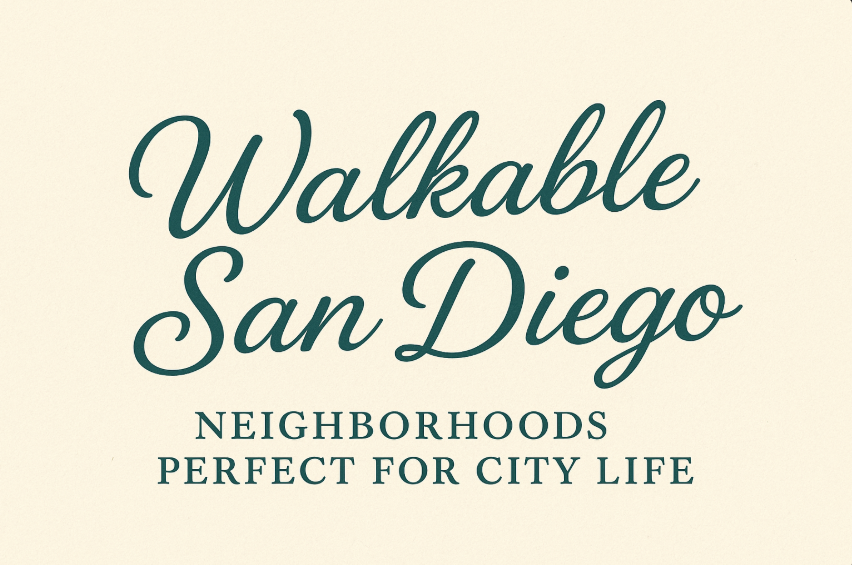Buying your first home is exciting, but it can also feel like learning a new language. From pre-approval to escrow, the real estate world is packed with industry jargon that can be confusing for first-time buyers. At RoosterListing, we believe in empowering homebuyers with clear, simple information. That’s why we’ve created this beginner-friendly glossary to help you decode the most common real estate terms you’ll encounter. In this guide, you’ll find real estate terms explained in a way that’s easy to understand.
1.Pre-Approval (Real Estate Terms Explained)
This means the lender has reviewed your finances and agreed to lend you up to a certain amount. Pre-approval shows sellers you’re serious—and helps you know your budget.
Pro tip: Pre-qualification and pre-approval are not the same. Pre-qualification is a quick estimate; pre-approval involves documentation and credit checks. Understanding these real estate terms explained can help clarify the buying process.
2.Down Payment
This is the portion of the home price you pay upfront. It’s usually expressed as a percentage. For example, a 20% down payment on a $800,000 home would be $160,000.
First-time buyer advantage: In California, programs like CalHFA can help you make a lower down payment.
3.Mortgage
A mortgage is a loan you take out to buy a home. You’ll repay it over time—usually 15 to 30 years—plus interest. Your mortgage includes the loan principal, interest, property taxes, and homeowners insurance (sometimes abbreviated as PITI).
4.Real Estate Terms Explained: Escrow
Once your offer is accepted, your purchase goes into escrow, a neutral third-party process that holds money and documents until everything is finalized. Escrow ensures both the buyer and seller meet their agreed-upon terms. Getting real estate terms explained is crucial at this stage.
In California: Escrow periods typically last 30–45 days.
5.Contingency
A contingency is a condition that must be met before the sale is final. Common contingencies include home inspections, financing, and appraisals. If something goes wrong—like a failed inspection—you can back out without losing your deposit.
6.Appraisal
Before finalizing your mortgage, the lender requires a home appraisal to confirm the home’s value. If the home appraises for less than your offer, you may need to renegotiate or cover the difference.
7.Real Estate Terms Explained: Closing Costs
These are the fees paid at the end of a real estate transaction—usually 2% to 5% of the home’s purchase price. They include title insurance, lender fees, escrow charges, and more.
Hint: Some programs allow sellers to contribute toward your closing costs.
8.Title
A title is your legal ownership of the home. During escrow, a title company will ensure there are no legal claims or disputes over the property (this is called a title search).
9.Earnest Money Deposit (EMD)
Think of this as a “good faith” deposit you submit with your offer—usually 1%–3% of the purchase price. It shows the seller you’re committed. If you back out for a reason not covered by contingencies, you could lose this deposit. Understanding earnest money through real estate terms explained can prevent costly mistakes.
10.
HOA (Homeowners Association)
If you’re buying a condo or home in a planned community, you may have to join a HOA, which manages common areas and enforces rules. You’ll pay monthly HOA dues, so be sure to factor that into your budget.
Real Estate Terms Explained, Final Thoughts
Understanding these real estate terms explained can help you feel more confident—and avoid surprises—during your home buying journey. Whether you’re exploring properties in Santa Clara or diving into your first open house in San Jose, having a solid grasp of real estate lingo gives you the edge you need.
Need help navigating the process? At RoosterListing, we’re here to support first-time buyers with resources, local insights, and agent connections. Reach out today and let’s turn your homeownership dream into a plan.








Leave a Reply